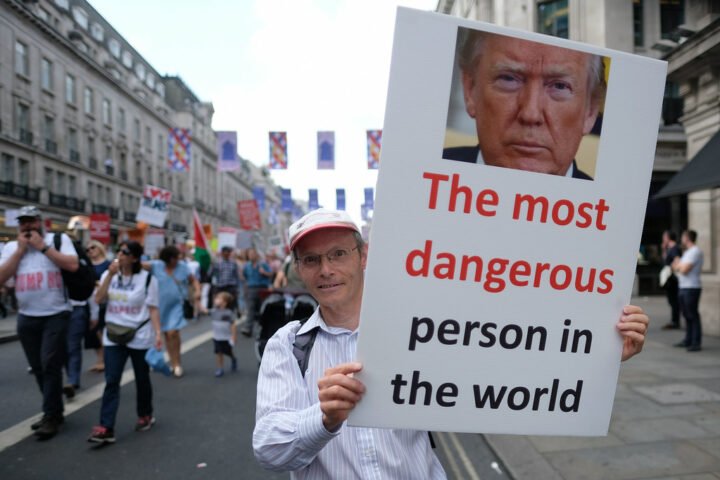Summary
In this video, Second Thought delves into the intertwined dynamics of military spending, oil interests, and the perpetual state of conflict in the Middle East, positing that these elements are not just coincidental but mutually reinforcing. The video begins with a stark contrast between the vast sums the U.S. invests in its military—larger than the combined spending of the next ten nations—and the subsequent waste associated with this expenditure, including unaccounted military equipment. The speaker highlights the consistent historical agreement among major world powers to conduct wars in the Middle East, largely out of sight from Western populations.
The narrative then shifts to the correlation between oil prices and military conflicts, illustrating how wars often lead to spikes in oil prices that benefit fossil fuel companies. The speaker argues that U.S. foreign policy, influenced by oil interests, has led to numerous military interventions under various pretenses that often mask the real motivations tied to oil control and profit. The video further elaborates on how the military-industrial complex profits from a state of perpetual tension, reinforcing the necessity of arms sales and military spending. The conclusion emphasizes the need to challenge these systemic issues to create a peaceful future free from the profit-driven motives of war.
Highlights
- 💰 U.S. Military Spending: The U.S. defense budget exceeds that of the next ten countries combined, with trillions allocated annually.
- 🔍 Waste in Military Spending: A significant portion of military expenditure results in unaccounted waste, including unused military equipment.
- 🌍 Historical Context of Wars: Major powers have consistently chosen the Middle East as the battleground for conflicts since World War II.
- ⛽ Oil Profits and Conflict: A close link is established between the performance of oil companies and the occurrence of wars, with conflicts often resulting in increased oil prices.
- ⚔️ Military-Industrial Complex: The relationship between oil companies, arms manufacturers, and government policy perpetuates a cycle of conflict and spending.
- 📉 Shift in Arms Expenditure: The U.S. has increasingly shifted the financial burden of military arms onto its allies, benefiting manufacturers.
- 🛑 Call for Change: The speaker stresses the necessity for systemic change to disrupt the perpetual cycle of war and profit, advocating for a shift away from capitalist motivations.




